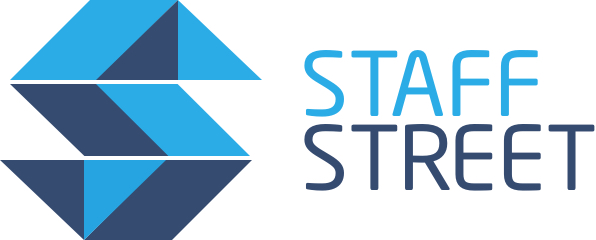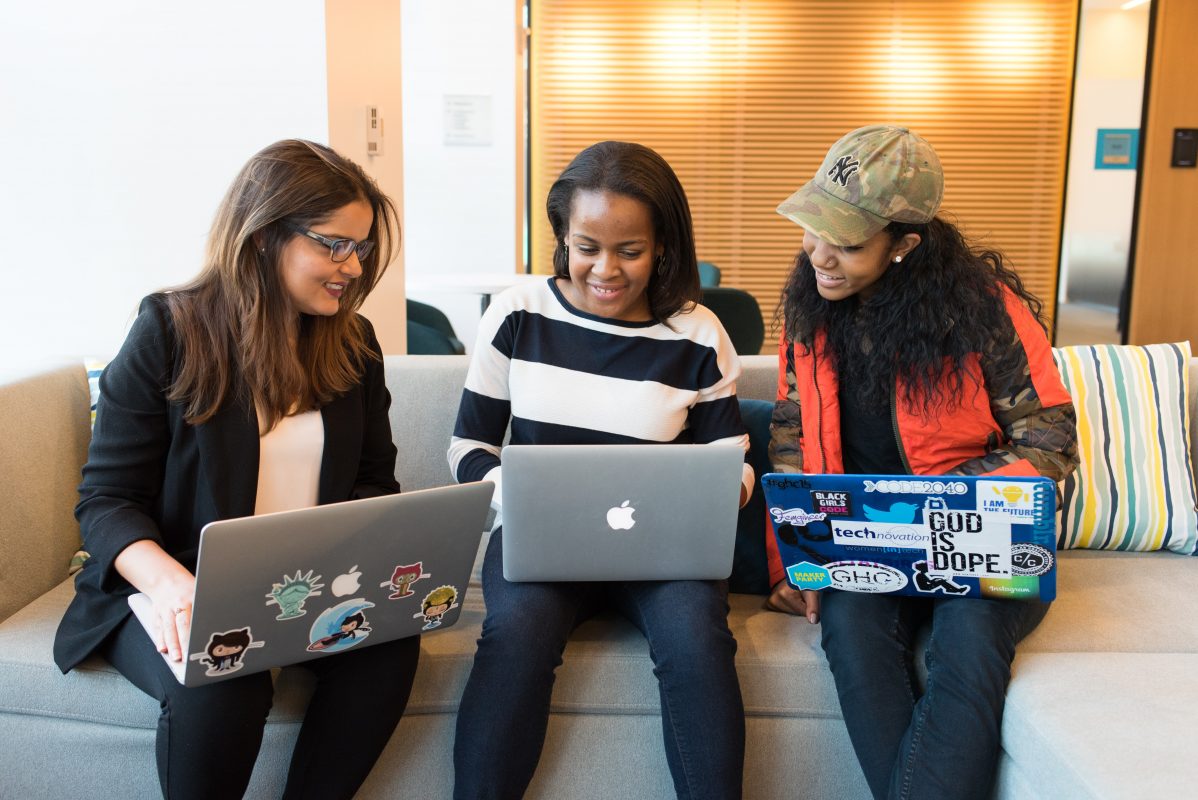If you clicked on this article hoping to read a list of essential jobs in the Post-COVID-19 world, here it is, without preamble:
- Data Analyst
- Cybersecurity Analyst
- Logistician
- Educator or Teacher
- Management and Community Leader
There’s no telling just how many articles out there are saying the same thing, give or take a few jobs. Furthermore, it’s not difficult to imagine the demand for a data analyst or a community leader given how drastically the employment landscape has been changed by the global pandemic. And yet, if the reason why you’re clicking on a similar article is to find a sense of reassurance in the consistency, let me assure you: you won’t find any.
Instead of demanding certainty from uncertain times, this article will focus on 5 sensible pieces of advice for choosing a job or career in a post-COVID-19 world.
One: Find a job that will give your life meaning

The pandemic has been a yearlong wake-up call. It bears no comfort to repeat just how much the year has taken away. One of the most taxing things this year is how effectively it has forced us to take stock of our own lives: where we are, where we’re going, if we’re happy, if it’s worth-it. As the period of uncertainty stretches, it does what apocalypse films often do for their protagonists. It is giving most of us a chance to start over. What will we do differently this time around?
According to the Society for Human Resource Management, people are now seeking to find more meaning in the pursuit of essential jobs in the post-COVID world. Of course, there’s no one way to achieve that. And it’s certainly a tall order for those who have lost nearly everything.
It’s hard to speak to how one might recover hope to even work. Everyone has their own definition of rock bottom, and their own way of climbing out. I remember the stories of incarcerated survivors of violence who have no choice but to build back their lives. It’s difficult to pick up the pieces. But like the French saying goes, petit à petit l’oiseau fait son nid. Little by little the bird builds its nest. Hope is a discipline, according to Mariame Kabe. It is something to nurture, not find.
In seeking a career path, make decisions around the things that make the most sense to you. Remember what this year has taught you. Were you satisfied with all the things you’ve done? What would you do differently moving forward? What is worth spending your days doing?
Two: Focus on soft skills like community building and healing

Companies are changing the way they value human capital. The World Economic Forum’s Managing Director, Saadia Zahidi, expects companies to incorporate social empathy into their business principles. That means rationalizing capabilities around a purpose, rather than profit. Companies have to integrate the value created by all sources of work, whether it’s from full-time employees, gig contractors, or artificial intelligence.
As the world goes digital, the World Bank says it’s important to invest in soft skills. Soft skills like
- communication
- leadership skills
- ability to organize support systems
- problem-solving
- ability to manage teams across hybrid spaces must be nurtured.
Polyglot’s Valerie Baudens says that as organizations become more reliant on digital solutions, employees must be able to adapt. In addition, it’s important for them to possess the emotional intelligence and critical thinking to navigate digital work spaces.
For instance, as we’ve witnessed, the year 2020 is reckoning with all the harm caused by the scale of false information. Add to that the challenging communication landscape of an online workplace. The combination of empathy and critical thinking will help employees be more resilient against the dramatic changes and impact of digitization.
Three: Learn and hone transferable skills

Recent numbers form The Bureau of Labor and Statistics show that there has been a decline in unemployment rates. But the New York Times says that job growth has been uneven. Additionally, Jobcase CEO Fred Goff says that despite the rate of unemployment, not a lot of people are looking for jobs. He expects that there will be more emphasis on upskilling, out-skilling and reskilling across the employment base to remain employable. In that vein, people may en masse begin looking at employment not as a permanent thing, but as project-based tasks and jobs. The competition, and the pulse of inequality, will probably lie in individual ability to upskill and stay competitive.
In response, education institutes like RMIT University encourage their students to focus on improving transferable skills such as
- data analysis and visualization
- use of analytical programs
- machine learning.
Also, Glassdoor’s Chief Economist Andrew Chamberlain predicts that companies are going to value skills that compensate for the distance. In the post-COVID world, jobs will require the ability to communicate and negotiate, to read, and to evaluate context across communication platforms.
Four: Don’t disregard mainstream advice about what counts as essential work in the post-COVID world

Allow me to reprise my original statement. Just because nothing is certain doesn’t mean things are impossible to predict or shape. The advice about learning data analysis or medical care as essential jobs in the post-COVID world is ubiquitous for a reason.
Gaurang Torvekar, the CEO and co-founder of Indorse, says that many of the skills that will be in-demand reflect many of the decisions made at the beginning of the pandemic. There will certainly be a strong need for cybersecurity experts, machine learning engineers, data scientists, and systems architects because of the shift to online workspaces.
In addition, Kiran Prasad, Vice President of Product for the Consumer Experience on LinkedIn, Linkedin lady points out that the industries hiring are in sectors of hardware, networking, public safety and education.
Joanna Hughes for MasterStudies.com says people ought to explore the kind of work that they should expect to see after post-COVID-19 passes. Some of these might include fitness instructors, logistics, health care, therapy, medical management, translation, system and database administration, and education. For many people, their post-COVID-19 vision involves reclaiming some old ways, not creating new ones. This can yield plenty of creative employment opportunities.
Hughes suggests that the most important thing job seekers can do is shift the way they think about work. Ask:
- What type of job or job arrangement allows you to explore and grow?
- What kind of work is focused on helping other people grow?
- How can you adapt and stay constantly learning?
Five: Build your career path around resilience and flexibility

All things considered, there are no easy answers to identifying or predicting what will happen in the next few months ahead. A lot of uncertainty remains. What we may deem as essential jobs in the post-COVID world at this point may still change. But if we could be sure about anything, it’s the things 2020 showed us that we need to work on our resilience and flexibility.
Job seekers ought to focus on two ideas:
- The people who are making it out of the pandemic are the ones who are adapted, flexible, and resilient. It’s not just companies that need to rebuild strong. Individuals also have to think about their own resilience.
- Young workers have to think long-term – how to continuously grow and evolve as a person in the long run. For example, focusing on transferrable skills and soft skills enable people to become much more flexible. People need to be driven by a focus on long-term self-improvement rather than short-term fulfilment.
In conclusion, job seekers need to take the unique opportunity for 2020 to reexamine their lives. Take stock of what’s really important. Make career and employment decisions that will help you face the uncertainties of tomorrow with much more adaptability and preparation.

